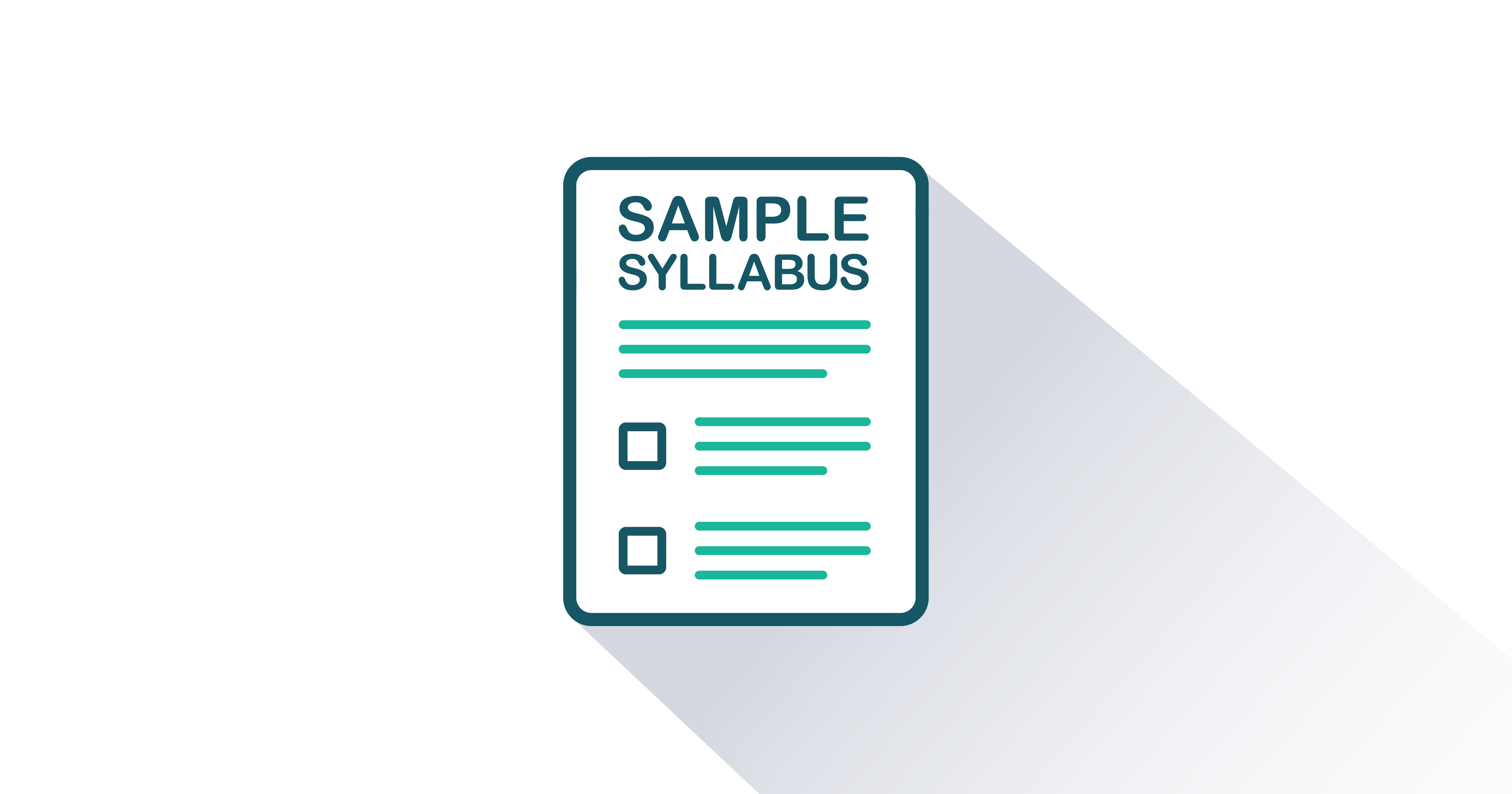Etti Baranoff Virginia Commonwealth University
Dr. Etti Baranoff is an Emeritus Distinguished Career Professor of Insurance, Risk Management, and Finance at Virginia Commonwealth University in Richmond, VA. In teaching and writing about enterprise risk management and leading teams in the development of risk insights into large corporations, she integrated all aspects necessary for CRO to lead any entity. She promoted the holistic risk management tools and brought this strong foundation to thousands of students who have been placed in leadership positions in financial institutions, insurance organizations, and businesses’ risk management departments. As an insurance and risk research expert she led complex projects and inspired excellence in innovation and building appropriate risk management concepts, underwriting, and models. She partnered in establishing the Risk and Consequences Expert Advisory Group. Her deep knowledge and understanding of the fields of risk and insurance and financial stability within the regulatory framework awarded her the external research director position (from 2010 to 2016) for the Insurance and Finance Program of the Geneva Association, the insurance Think Tank based in Switzerland. She accomplished great visibility and influence with her studies such as “An Analysis of the AIG Case - Understanding Systemic Risk and its Relation to Insurance” and the IF bi-annual newsletters on the topic of SIFIs (systemically Important Financial Institutions) as advised by the FSB and the global banking and insurance regulators. Besides being impactful in solvency issues, risk-based-capital, Basel III, and rate and form regulation, she is an expert in all insurance lines and operations including underwriting, sustainability, ESG measures, recent effects in health insurance, InsurTech, enterprise risk management, performance, diversification, and specializations. Her work is published in prominent journals, including The Journal of Risk and Insurance, The Journal of Banking and Finance, The Geneva Papers on Risk and Insurance, The Journal of Insurance Regulation, American Journal of Managed Care, among others. She also authored and co-authored textbooks in risk management and insurance.
Baranoff’s strength and unique expertise includes insurance regulation as she was a Texas insurance regulator for 12 years. Her career also includes experience with a life insurer, a Texas public risk pool, expert advice, and consulting. A multiple-time winner of the Research Paper Award from the International Insurance Society and the Thales grant (in Greece), she has co-authored more than 80 papers relating to risk management and insurance of all sectors. She is the VP of Finance—Treasurer of Congregation Agudas Achim in Austin and a Board member of NCJW of Austin. She earned a PhD in Finance with minors in Risk Management and Statistics from the University of Texas at Austin. She resides in Austin Texas and is a native of Israel.








